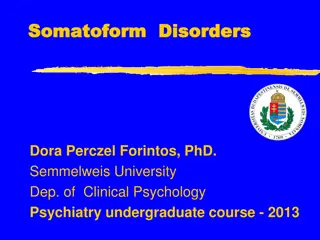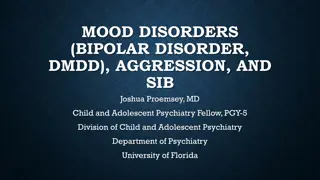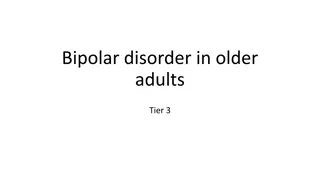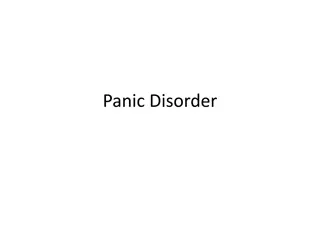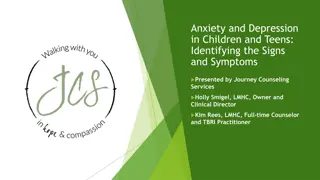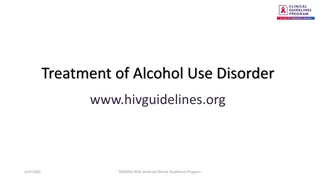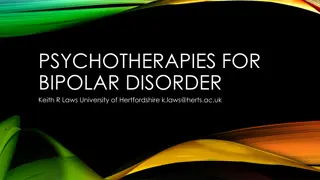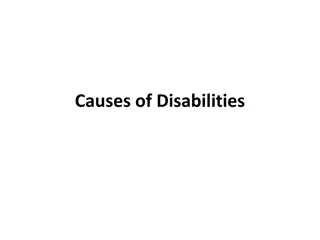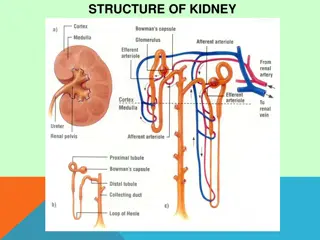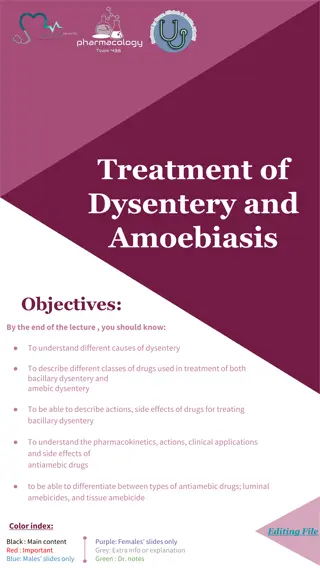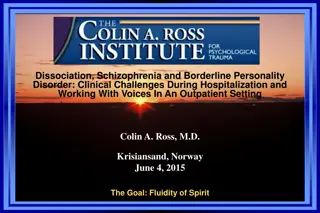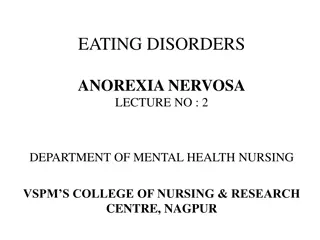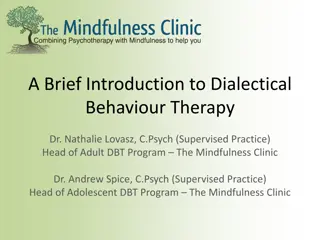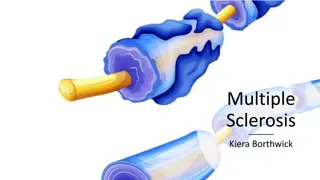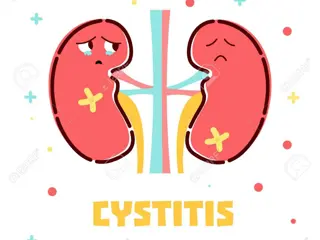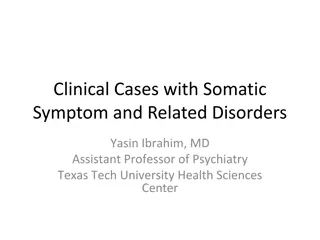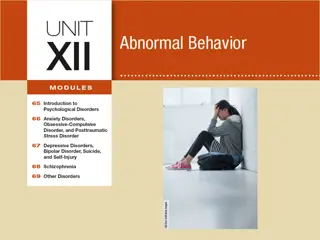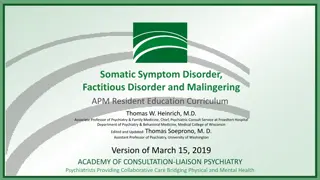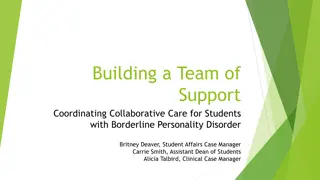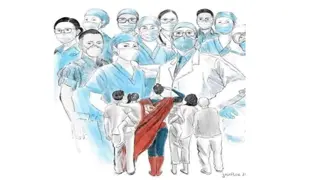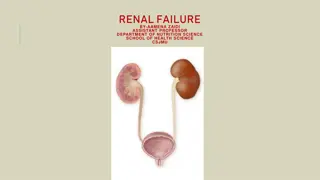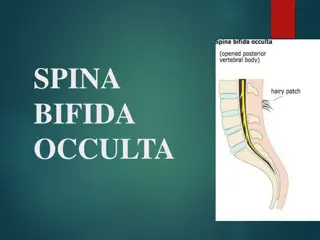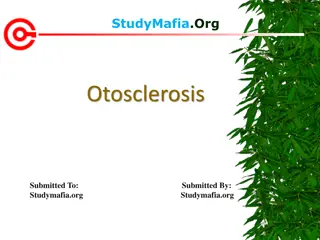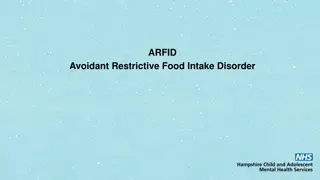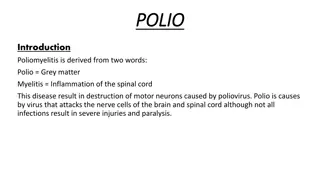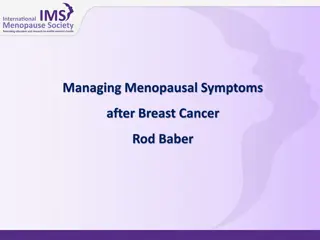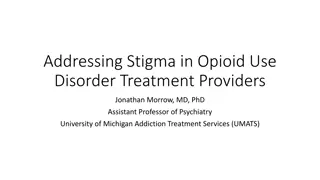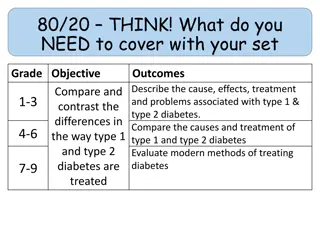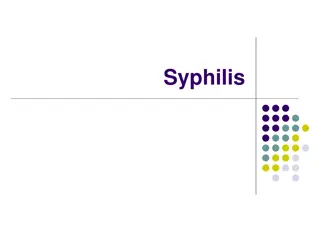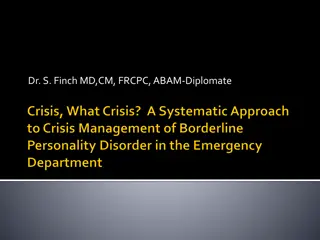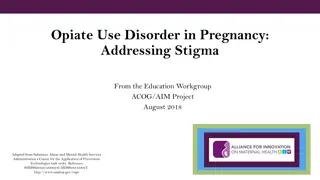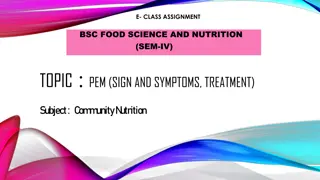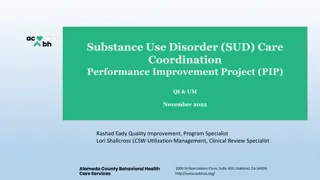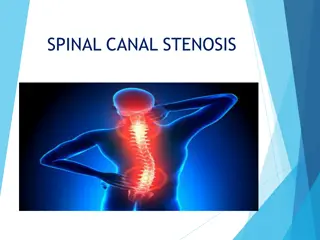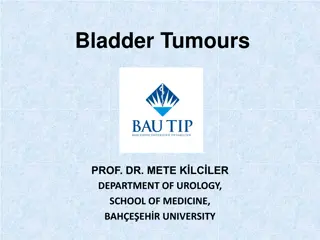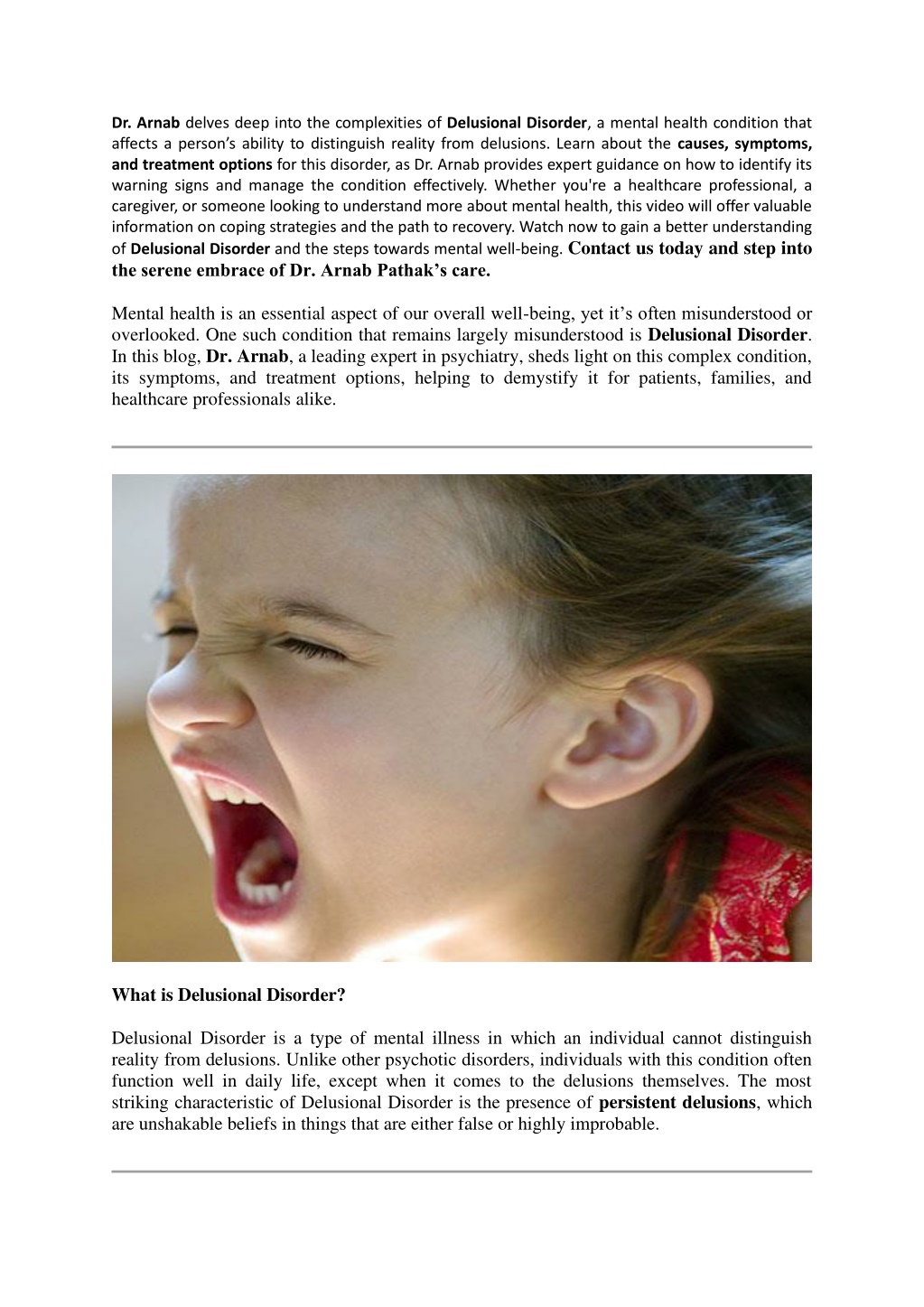
Delusional Disorder Explained by Dr. Arnab Causes Symptoms & Treatment
Dr. Arnab delves deep into the complexities of Delusional Disorder, a mental health condition that affects a personu2019s ability to distinguish reality from delusions. Learn about the causes, symptoms, and treatment options for this disorder, as Dr
Download Presentation

Please find below an Image/Link to download the presentation.
The content on the website is provided AS IS for your information and personal use only. It may not be sold, licensed, or shared on other websites without obtaining consent from the author. Download presentation by click this link. If you encounter any issues during the download, it is possible that the publisher has removed the file from their server.
E N D
Presentation Transcript
Dr. Arnab delves deep into the complexities of Delusional Disorder, a mental health condition that affects a person s ability to distinguish reality from delusions. Learn about the causes, symptoms, and treatment options for this disorder, as Dr. Arnab provides expert guidance on how to identify its warning signs and manage the condition effectively. Whether you're a healthcare professional, a caregiver, or someone looking to understand more about mental health, this video will offer valuable information on coping strategies and the path to recovery. Watch now to gain a better understanding of Delusional Disorder and the steps towards mental well-being. Contact us today and step into the serene embrace of Dr. Arnab Pathak s care. Mental health is an essential aspect of our overall well-being, yet it s often misunderstood or overlooked. One such condition that remains largely misunderstood is Delusional Disorder. In this blog, Dr. Arnab, a leading expert in psychiatry, sheds light on this complex condition, its symptoms, and treatment options, helping to demystify it for patients, families, and healthcare professionals alike. What is Delusional Disorder? Delusional Disorder is a type of mental illness in which an individual cannot distinguish reality from delusions. Unlike other psychotic disorders, individuals with this condition often function well in daily life, except when it comes to the delusions themselves. The most striking characteristic of Delusional Disorder is the presence of persistent delusions, which are unshakable beliefs in things that are either false or highly improbable.
Common Types of Delusions There are different categories of delusions, and individuals may experience one or more of these: 1.Persecutory Delusions: Believing that they are being followed, harassed, or conspired against. 2.Grandiose Delusions: Convincing oneself of possessing extraordinary abilities, wealth, or importance. 3.Jealous Delusions: Believing that a partner is being unfaithful without evidence. 4.Somatic Delusions: Convinced that they have a physical illness or medical issue, despite a clean bill of health. 5.Erotomaniac Delusions: Believing that someone, often of higher status, is in love with them. Symptoms of Delusional Disorder Delusional Disorder manifests in a few core symptoms. Some of the most noticeable ones include: Unwavering belief in something false: Even in the face of contrary evidence, the person holds firm to their delusion. Mood disturbances: Anxiety, irritability, or depression can accompany the disorder. Social isolation: The individual may withdraw from friends or family because they believe others don t understand or believe their delusions. Normal behavior otherwise: Unlike schizophrenia, individuals with Delusional Disorder can generally function normally outside of their delusional beliefs. Causes and Risk Factors While the exact cause of Delusional Disorder isn t fully understood, several factors may contribute: Genetics: A family history of psychotic disorders may increase the risk. Environmental factors: Stress, trauma, or substance abuse could trigger the disorder in susceptible individuals. Neurochemical factors: Imbalances in neurotransmitters, especially dopamine, may play a role in delusional thinking. Diagnosis and Treatment According to Dr. Arnab, diagnosing Delusional Disorder requires a thorough psychiatric evaluation. The challenge lies in differentiating delusions from strongly held beliefs, which may be culturally or personally significant.
Once diagnosed, treatment typically includes: 1.Medications: Antipsychotic drugs, especially those that balance dopamine levels, can help manage symptoms. 2.Therapy: Cognitive Behavioural Therapy (CBT) is one of the most effective forms of therapy for treating delusions. It helps the patient challenge irrational beliefs and improve coping mechanisms. 3.Support Systems: Family therapy and support groups can provide emotional backing for both the patient and their loved ones. Living with Delusional Disorder Living with Delusional Disorder can be challenging, but with the right treatment, individuals can manage their symptoms and lead fulfilling lives. It s important for families and caregivers to remain supportive, understanding, and patient, while also encouraging the individual to seek professional help. Conclusion Delusional Disorder, though less common than other mental health conditions, requires attention, understanding, and timely intervention. Dr. Arnab emphasizes the importance of
awareness, early diagnosis, and a comprehensive treatment plan that includes both medication and therapy. With the right approach, individuals with Delusional Disorder can significantly improve their quality of life. If you or someone you know is struggling with symptoms of Delusional Disorder, don t hesitate to seek professional help. Early treatment is key to managing this complex condition. Contact: 9804509480 Address: Accu health diagnostic, sandhyadeep 16/A, Gold Park Road Rajdanga, Kolkata- 700107, West Bengal, India Mail: arnab.pathak@gmail.com Website: https://drarnabpathak.in/ DelusionalDisorder MentalHealth DrArnab MentalHealthAwareness Psychiatry MentalIllness MentalHealthSupport Delusions MentalHealthTreatment UnderstandingMentalHealth

